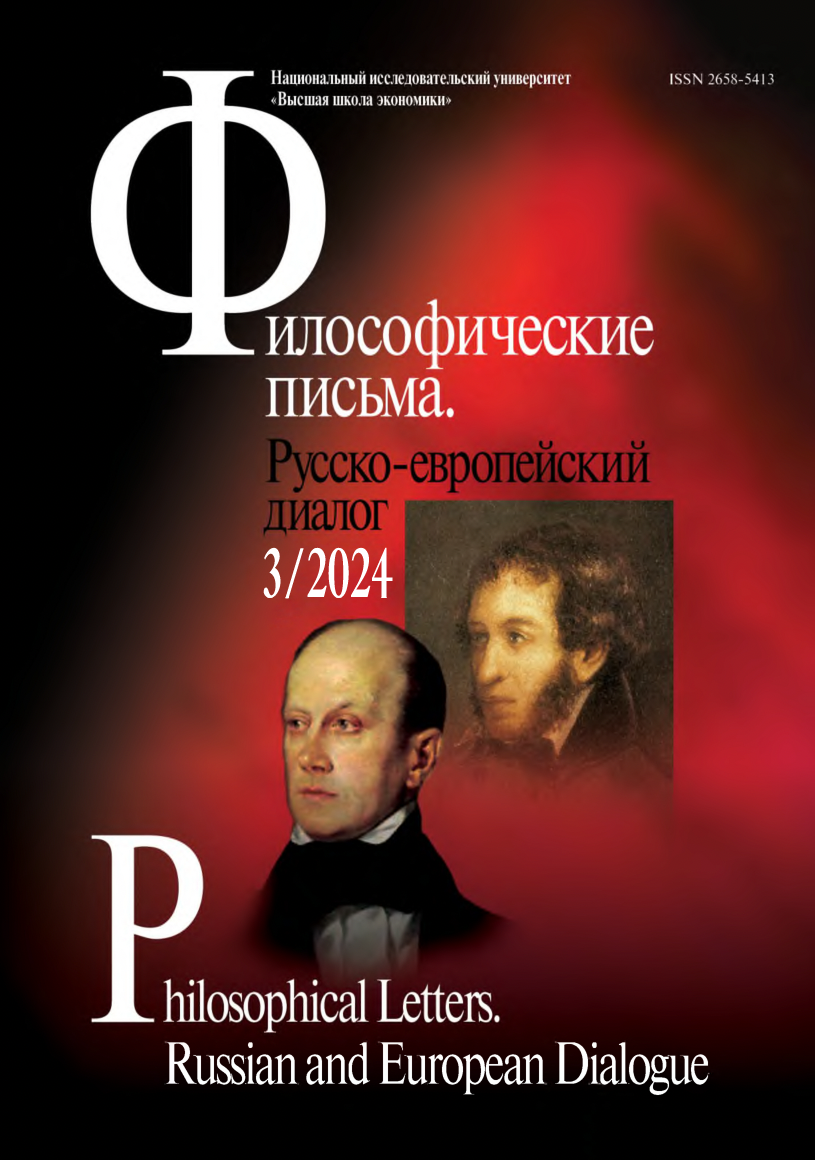'Righteous and Unrighteous' Revolutions: The Revolutionary Actions of the Early 1820s in the Views of A. S. Sturdza
Abstract
The article deals with the reconstruction of views of A. S. Sturdza on revolutions that took place in Southern Europe in the early 1820s. While Sturdza was the diplomat of the Russian Ministry of Foreign Affairs, the Europe was full of rebellions. In 1820–1821 the uprisings broke out in Spain, Italy (Naples and Turin), Portugal, and Greece. Sturdza was an Orthodox conservative, and he condemned any radical revolutions, so he called on legitimate European governments to act together against these revolutions. The author’s analysis of Sturdza’s unpublished notes reveals that his views on the uprisings in European countries varied signifi cantly and the author makes it possible to identify the reasons for these differences. The article reconstructs the system of measures that Stu rdza suggested to fi ght revolutions. The article also reveals that Sturdza’s proposals on this matter had a great infl uence on the results of the activities of the 1820 Congress of Troppau which had been recorded in famous Preliminary Troppau Protocol. The article shows that Sturdza’s views on the Greek revolution were absolutely different from his views on other uprisings. He tried to get Russia and then other European powers to help the Greeks. So Sturdza developed a whole system of arguments, the purpose of which was to prove that the Greek uprising was a revolution of a special kind. According to Sturdza, it not only does not violate the rights of the legitimate monarch, but on the contrary representsthe realization of the Greeks’ right to self-defense.

